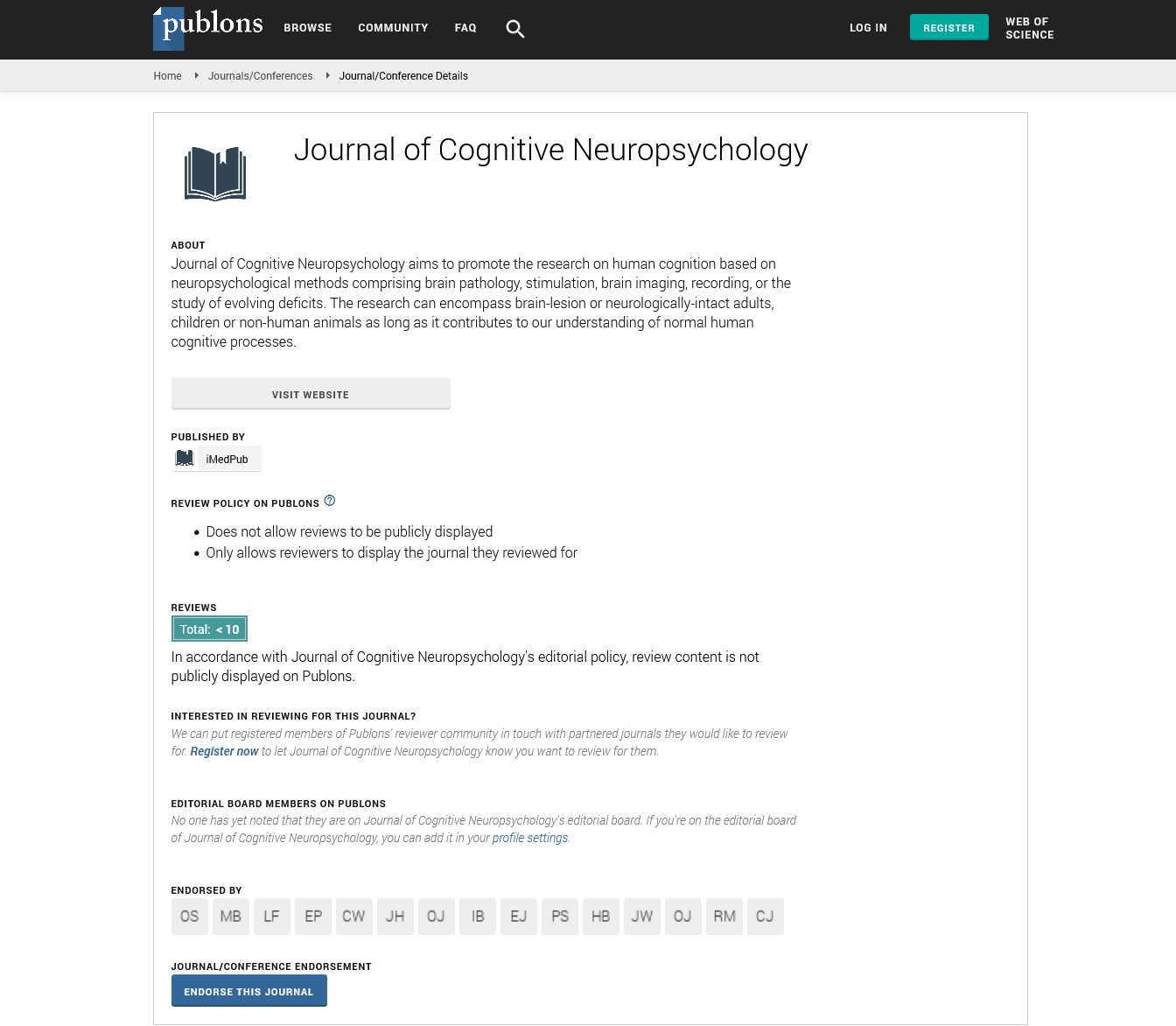Abstract
Integrating positive psychology and elements of music therapy to alleviate adolescent anxiety
Background:
Positive psychology, with its emphasis on building up a person’s cognitive, emotional and social strengths, provides a sound theoretical basis in programs for anxious adolescents. In addition, music therapy enables adolescents to explore and understand their emotions, cognition and behavior in a musical environment where their hope, emotional competence and problem-solving abilities can be developed and enhanced. Hence, elements of music therapy will be integrated with positive psychology in designing an intensive group-based program for adolescents with anxiety and its effectives are examined.
Goals:
Goals of this study were to 1. Integrate positive psychology (hope & emotional intelligence) and elements of music therapy in designing a group protocol for alleviating adolescents’ anxiety and increasing their happiness, and 2. Examine the effectiveness of the designed protocol in increasing the sense of hope and enhancing emotional intelligence, hence decreasing anxiety and increasing subjective happiness of the adolescents.
Methods:
A randomized wait-list controlled trial was conducted. A total of 63 students with mean age 13.6 from six different secondary schools studying Grade 8 to 9 in Hong Kong, China, was randomly assigned to join the programme, while another 63 students act as wait-list control group. They had anxiety score 9 or above in the Anxiety Sub-scale of the Hospital Anxiety and Depression Scale. Pre-test and post-test data was collected to examine the adolescents’ change after participating in a 10-session programme. Measures include Hospital Anxiety and Depression Scale, Dispositional Hope Scale, Social Problem Solving Inventory, Emotional Intelligence Scale.
Results:
The interaction effect of Time X Group on anxiety, emotional competence, hope, and social problem solving was examined using mixed ANOVA, with gender, grade and religious belief controlled. Students in the experimental group had significant decrease in anxiety, increase in emotional competence and hope, increase in happiness after controlling for the change in the control group, while no significant interaction effect was found in social problem solving.
Conclusion: Integrating positive psychology and elements of music therapy is effective in enhancing hope and emotional competence, decreasing anxiety and increasing subjective happiness in adolescents. Hence, further promotion of similar programme in schools is necessary to alleviate adolescent anxiety.
Author(s): Sylvia Kwok Lai Yuk Ching
Abstract | PDF
Share This Article
Google Scholar citation report
Citations : 8
Journal of Cognitive Neuropsychology received 8 citations as per Google Scholar report
Journal of Cognitive Neuropsychology peer review process verified at publons
Abstracted/Indexed in
- Google Scholar
- Publons
- MIAR
Open Access Journals
- Aquaculture & Veterinary Science
- Chemistry & Chemical Sciences
- Clinical Sciences
- Engineering
- General Science
- Genetics & Molecular Biology
- Health Care & Nursing
- Immunology & Microbiology
- Materials Science
- Mathematics & Physics
- Medical Sciences
- Neurology & Psychiatry
- Oncology & Cancer Science
- Pharmaceutical Sciences
